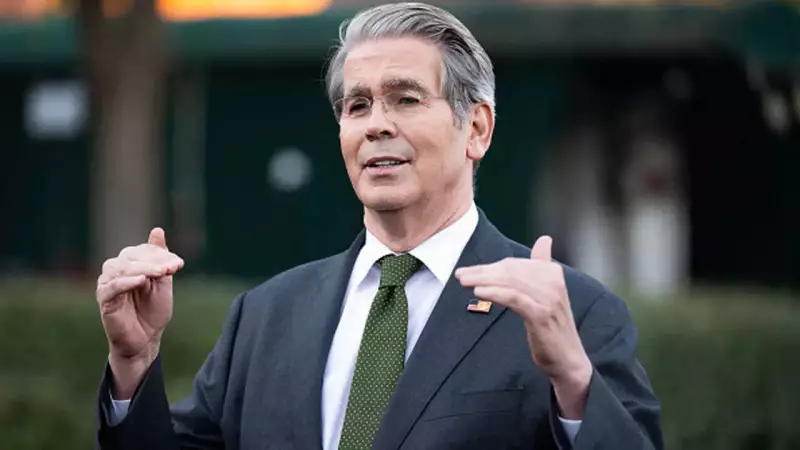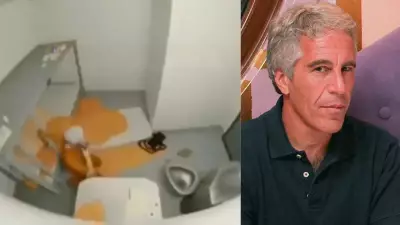
In a coordinated message delivered through Fox News, the Trump administration has unveiled a controversial new approach to America's skilled workforce crisis that involves bringing foreign experts to train American workers for up to seven years before sending them home.
The Fox News Duet: Trump and Bessent's Coordinated Message
President Donald Trump set the stage during an interview on The Ingraham Angle, bluntly rejecting the notion that America has sufficient skilled workers. "No, you don't... you don't have certain talents, and people have to learn," Trump declared when confronted with arguments about America's existing skilled workforce.
The following day, Treasury Secretary Scott Bessent appeared on the same network with a remarkably complementary explanation. He detailed that the President's vision involves bringing overseas workers "with the skills" to train Americans for "three, five, seven years" before returning them to their home countries so US workers can "fully take over."
Addressing Critical Skill Shortages in Key Industries
Bessent specifically identified manufacturing, semiconductors, and shipbuilding as sectors experiencing severe skill shortages. He emphasized that the United States cannot simply "snap our fingers" and expect workers to learn complex skills overnight.
"For 20-30 years, the US has offshored precision manufacturing jobs," Bessent noted, highlighting the administration's goal of revitalizing these crucial sectors. He described the semiconductor industry initiative as "a home run" for domestic expertise restoration.
President Trump reinforced this position by defending the H-1B program's role in bringing specialized talent, stating "You also do have to bring in talent" while emphasizing that you cannot simply take people from unemployment lines and put them into missile factories.
Universities Push Back Against H-1B Fees
Meanwhile, Association of American Universities President Barbara R. Snyder has joined a lawsuit challenging the Trump administration's $100,000 H-1B fee, arguing it strikes at the very foundation of U.S. innovation.
Snyder reminded policymakers that Congress created the H-1B program specifically because employers needed "highly skilled, specially trained personnel" for roles that domestic workers could not fill. She stressed that H-1B positions in higher education are "extremely hard to fill" and span specialized teaching, frontier scientific research, and advanced medical care.
"American businesses and institutions of higher education alike utilize the H-1B program because the domestic supply of highly skilled workers is not large enough to keep up with the demands of U.S. innovation," Snyder stated in what appears as an accidental synopsis of the Trump-Bessent argument.
The Uncomfortable Truth About America's Skills Gap
The conflicting narratives reveal a fundamental contradiction in American policy: while the country insists it has sufficient talent, its policies demonstrate a nervous dependence on foreign workers with specialized skills.
Trump and Bessent frame foreign workers as temporary trainers, while universities warn they are the backbone of innovation. The uncomfortable reality emerging is that America's skills gap isn't foreign-made but home-grown, developed through decades of offshoring and inadequate domestic training programs.
The $100,000 H-1B fee controversy highlights the tension between protectionist policies and the practical needs of American innovation, with universities warning that the harm would extend beyond campus gates into communities and the wider economy that depends on these researchers to spur innovation and train future generations.





